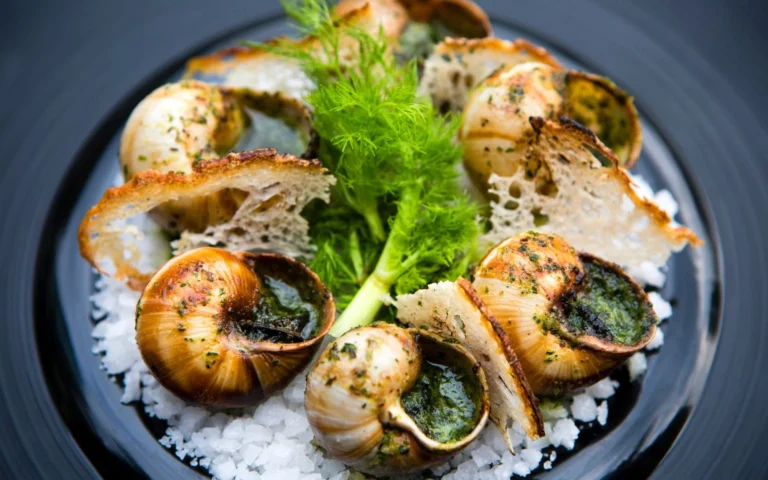Introduction: Understanding the Evolution of French Cuisine
French cuisine has been renowned across the globe for its elegance, refinement, and rich flavors. The country has a long and fascinating history of gastronomy, dating back to the Middle Ages. French cuisine has a reputation for being complex and elaborate, with a wide variety of dishes and ingredients. Over the centuries, French cuisine has evolved to reflect changing trends, tastes, and culinary techniques. Today, it is widely regarded as one of the most influential cuisines in the world.
Key Characteristics of French Cuisine
The hallmark of French cuisine is its emphasis on freshness, quality, and balance. French chefs are renowned for their meticulous attention to detail, using only the finest ingredients and cooking techniques to create dishes that are both visually stunning and delicious. French cuisine is known for its rich, complex flavors that are achieved through the use of sauces, herbs, and spices. French cuisine also places a strong emphasis on presentation, with dishes being arranged in an artistic and aesthetically pleasing way.
Emphasis on Fresh, High-Quality Ingredients
One of the most important aspects of French cuisine is the use of fresh, high-quality ingredients. French chefs are known for their dedication to sourcing the best ingredients, whether it be locally grown vegetables, fresh seafood, or high-quality meats. This emphasis on quality is reflected in the way French dishes are prepared, with simple techniques and minimal seasoning used to allow the natural flavors of the ingredients to shine through.
The Role of Sauces and Seasonings in French Cooking
Another key characteristic of French cuisine is the use of sauces and seasonings to enhance the flavor of dishes. French sauces are famous for their rich, complex flavors, which are achieved through the use of ingredients such as cream, butter, herbs, and wine. Seasonings such as garlic, thyme, and rosemary are also commonly used in French cooking, adding depth and complexity to dishes.
Regional Differences in French Cuisine
France is a country with a rich culinary heritage, and there are many regional variations in its cuisine. Each region has its own unique flavors and ingredients, reflecting the local climate, geography, and cultural influences. For example, the cuisine of Provence is characterized by its use of olive oil, garlic, and herbs, while the cuisine of Normandy is known for its seafood and dairy products.
Comparing French Cuisine to Other European Cuisines
While French cuisine is undoubtedly one of the most influential in the world, it is just one of many diverse and distinct European cuisines. Italian cuisine, for example, is renowned for its simplicity and use of fresh, seasonal ingredients, while Spanish cuisine is known for its bold flavors and use of bold spices such as paprika and saffron. German cuisine, on the other hand, is characterized by its hearty, meat-based dishes and use of potatoes and cabbage. Despite these differences, all European cuisines share a commitment to quality ingredients, traditional techniques, and a celebration of local and regional flavors.

